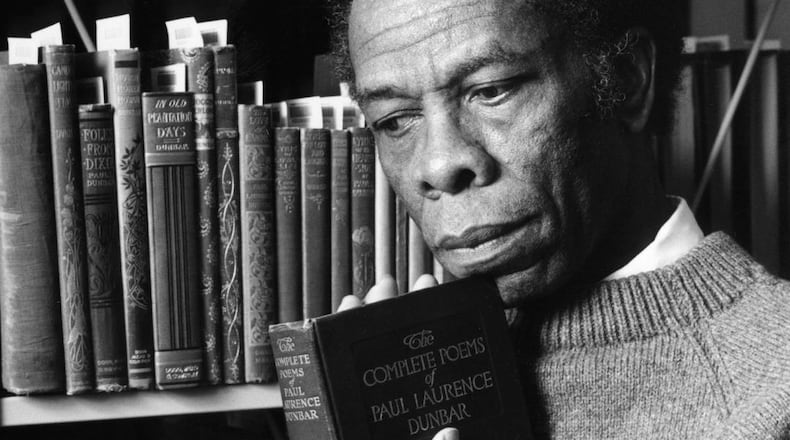It may be stated that Dunbar took note of the way language was used in his neighborhood, the churches and the entertainment centers. No doubt dialect came about because there were laws which stated that it was a crime to teach Black people how to read and write. This may well have been done to prevent Black people and slaves from having questions about The Declaration of Independence and The Constitution. Both documents state that “All men have been created free and equal.” But I digress.
Since “He Had His Dream” is a poem based on a metaphorical interpretation, it may well be OK to see Martin Luther King, Jr. as the narrator. The poem uses the third person He to speak about the person being written about. The first five lines are not heroic couplets but seem to function as if they were:
He had his dream. And all through life
Worked up to it through toil and strife.
These five couplets appear devoted to the first half of King’s life.
The second stanza of five couplets are devoted to King’s assassination and his last sermon where he states a number of well-known facts. King seems to anticipate his own demise and Dunbar writes with a similar awareness when he writes the following lines:
He labored hard and failed at last
His sails too weak to bear the blast
The raging tempest tore away
And sent his beating bark astray
King then says it doesn’t matter how long he lives, a long life is to be sought after, but he is satisfied and confident because he has been to the Mountain-top, and he has seen The Promised Land. These statements suggests that he believes he has lived a good life, and he can die a peaceful death. King states:
“The tempest will be short
My bark will come to port.”
And Dunbar concludes his prophetic poem with the line he has repeated twice before: He Had His Dream and with this line he brings to close a magnificent and prophetic standard English poem for which he is not often praised.
Each of these statements are prophetic in the sense that Dunbar had lived and died before Dr. King was born. We do not know if Dr. King ever read Dunbar. He may have since poetry is a staple of ministers and sermons, but at this moment I am not sure.
Dr. Herbert Woodward Martin served as professor of English and poet-in-residence at the University of Dayton.
About the Author
